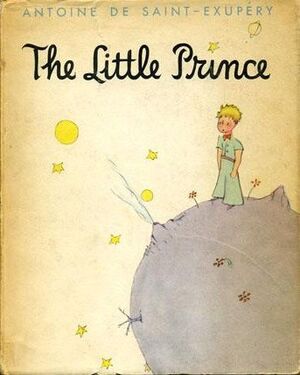Children's literature (nonfiction): Difference between revisions
No edit summary |
No edit summary |
||
| Line 2: | Line 2: | ||
== Description == | == Description == | ||
Children's literature can be traced to stories and songs, part of a wider oral tradition, that adults shared with children before publishing existed. | Children's literature can be traced to stories and songs, part of a wider oral tradition, that adults shared with children before publishing existed. | ||
Even after printing became widespread, many classic "children's" tales were originally created for adults and later adapted for a younger audience. | Even after printing became widespread, many classic "children's" tales were originally created for adults and later adapted for a younger audience. | ||
| Line 18: | Line 11: | ||
The late nineteenth and early twentieth centuries became known as the "Golden Age of Children's Literature" as this period included the publication of many books acknowledged today as classics. | The late nineteenth and early twentieth centuries became known as the "Golden Age of Children's Literature" as this period included the publication of many books acknowledged today as classics. | ||
== | == Fiction cross-reference == | ||
= | <gallery mode="traditional"> | ||
File:Submarine and anti-submarine (1919).jpg|link=The Unruly Submarine|[[The Unruly Submarine]], a celebrated children's story. | |||
</gallery> | |||
* [[The Unruly Submarine]] | * [[The Unruly Submarine]] | ||
== Nonfiction cross-reference == | |||
== External links == | == External links == | ||
Revision as of 17:39, 10 June 2016
Children's literature or juvenile literature includes stories, books, magazines, and poems that are enjoyed by children.
Description
Children's literature can be traced to stories and songs, part of a wider oral tradition, that adults shared with children before publishing existed.
Even after printing became widespread, many classic "children's" tales were originally created for adults and later adapted for a younger audience.
Since the 15th century, a large quantity of literature, often with a moral or religious message, has been aimed specifically at children.
The late nineteenth and early twentieth centuries became known as the "Golden Age of Children's Literature" as this period included the publication of many books acknowledged today as classics.
Fiction cross-reference
The Unruly Submarine, a celebrated children's story.
Nonfiction cross-reference
External links
- Children's literature @ wiki.karljones.com
- Children's literature @ Wikipedia

